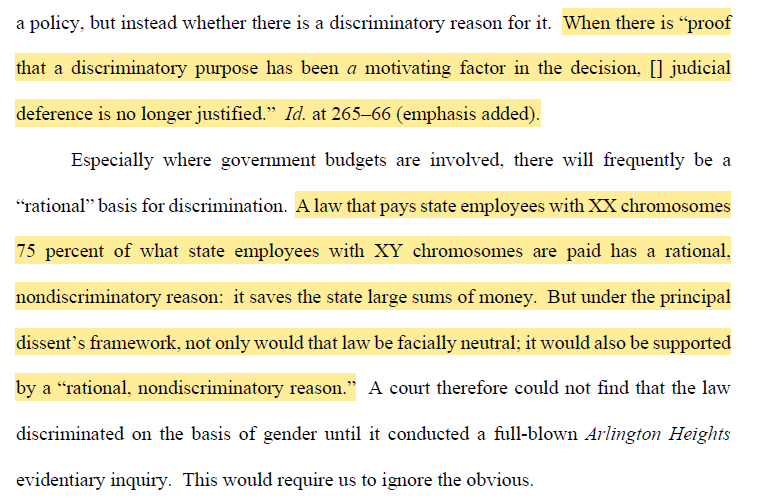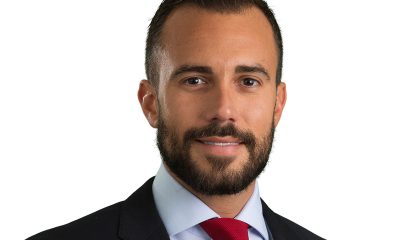National
Remembering Sean Sasser
AIDS activist spent final year in D.C.; memorial is Saturday


Sean Sasser working as a pastry chef at RIS, his last job. Sasser died Aug. 7. (Washington Blade file photo by Michael Key)
Sean Sasser memorial service
Saturday at 11 a.m.
National City Christian Church
5 Thomas Circle, N.W.
Michael Kaplan and his late partner Sean Sasser had a circuitous romantic life.
The two met in 1991 and worked together waiting tables at the same bar in Minneapolis. But both were dating other people at the time and several months later, Sasser moved to San Francisco, a move that would prove life altering. While there, he met, dated and eventually married Pedro Zamora, a romance memorably captured on MTV’s “Real World: San Francisco” during its third season in 1994.
Kaplan and Sasser met again in 1996 at a conference and dated for about two years, some of which was long distance. They were apart for several years but reconnected in 2006 and spent the last six years living together.
Sasser, a long-time AIDS activist and pastry chef, spent his final years in Washington with Kaplan. He died Aug. 7 of HIV-exacerbated mesothelioma, a rare lung cancer Kaplan says Sasser was likely exposed to while working with asbestos fixing up old houses in his native Detroit decades ago. Sasser, born Oct. 25, 1968, was 45.
A public memorial service is planned for Saturday at 11 a.m. at National City Christian Church at Thomas Circle in Washington. “Real World” cast members Judd Winick and Pam Ling will speak along with Phill Wilson, president and CEO of the Black AIDS Institute, and Douglas Brooks, chair of AIDS United’s Board of Trustees and a member of the President’s Advisory Council on HIV/AIDS.
Kaplan is the president and CEO of AIDS United. He spoke with the Blade at length this week about his relationship with Sasser.
After many years of working various jobs and each being in different cities at different times, Kaplan and Sasser moved to Washington last fall. Alarmed by a health scare in May, the two got married in June. Kaplan says it was a “long-term, committed serious relationship” in which “we both talked about and planned our futures together.” At one point in Oregon, the two were foster parents of a child named Alice who lived with them from the time she was 4 to 6.
Sasser had lived with HIV for 25 years; Kaplan for 20. Kaplan says Sasser “went quickly.”
“He probably lost 60 pounds in the last nine weeks of his life,” Kaplan says. “He was a real solid guy. On June 17, they confirmed that this thing in his lung was cancerous. By July, it was confirmed as stage four mesothelioma. He had one round of chemo, but it was just too aggressive. Doctors said he wasn’t strong enough for another round. And by Aug. 7 he was gone.”
Kaplan says he has “a strong network of friends” and is doing as well as can be expected.
“It’s a lot of change right now,” he says.
Sasser is survived by his mother, Pat Robinson Sasser, and a sister, Staci White. Both are expected to attend the service this weekend. Sasser’s father died a few years ago.
After Zamora’s death in November 1994 — just hours after the last episode of his season of “Real World” aired — Sasser, who’d been rejected by the Navy for an HIV-positive test, traveled widely speaking at colleges about HIV. He worked with Health Initiatives for Youth, GLAAD, Human Rights Campaign and the AIDS Alliance for Children Youth & Families. He was appointed by President Clinton to the Presidential Advisory Council on HIV/AIDS.
Kaplan says after about four years of AIDS advocacy work, Sasser was ready to return to his first love — cooking.
He says Sasser never mentioned to people he met that he’d been on “Real World,” but would confirm it if people recognized him and brought it up themselves. He had a few boxes of “Real World” mementos and a couple photos with President Clinton packed away. He took them with him each time he moved, but never unpacked them.
“He didn’t hide it, but he’d moved on,” Kaplan says. “In Portland especially, he’d really built up quite a place for himself as a pastry chef at a hotel there, The Nines. They had two restaurants and he oversaw a lot of banquets and that type of thing there. … He loved the precision of baking and training others how to do it.”
The topic of Zamora wasn’t taboo among them, Kaplan says, and Zamora’s name would come up occasionally. Kaplan recalls watching the 2008 biopic “Pedro” with Sasser and remembers him saying how “hard it is to see someone else portray you” (DaJuan Johnson played Sasser in the film).
Although Kaplan says Sasser would have been shocked that so many media outlets reported his death, he says Sasser “was quite aware of the visibility” his “Real World” appearances had afforded him.
“He definitely knew that it was a real landmark for this young, gay couple, two men of color with HIV, to be shown getting married,” Kaplan says. “For so many people, it was some of the first public faces of HIV they’d seen. They were the first face of many things as young, queer men of color. Sean totally understood the magnitude of that and never shunned it. He didn’t seek attention, but he knew that if having his face out there would make a difference, he was happy to do so.”
Kaplan says one thing that might surprise people about Sasser was his love of children. He mentored several kids affected by HIV in both Portland and Atlanta.
“If Sean had had his way, we would have had three kids and a house,” Kaplan says. “He loved music, he loved baking, he loved traveling and he loved children. He was an incredibly humble person and he was just all about living his life.”
Donations to the Sean Sasser Endowment Fund can be made at seansasserfund.aidsunited.org.
National
United Methodist Church removes 40-year ban on gay clergy
Delegates also voted for other LGBTQ-inclusive measures
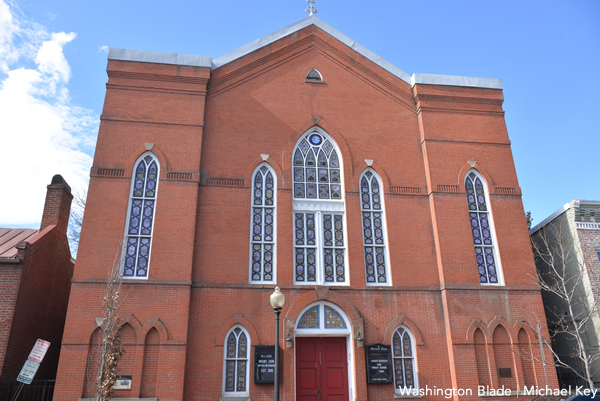
The United Methodist Church on Wednesday removed a ban on gay clergy that was in place for more than 40 years, voting to also allow LGBTQ weddings and end prohibitions on the use of United Methodist funds to “promote acceptance of homosexuality.”
Overturning the policy forbidding the church from ordaining “self-avowed practicing homosexuals” effectively formalized a practice that had caused an estimated quarter of U.S. congregations to leave the church.
The New York Times notes additional votes “affirming L.G.B.T.Q. inclusion in the church are expected before the meeting adjourns on Friday.” Wednesday’s measures were passed overwhelmingly and without debate. Delegates met in Charlotte, N.C.
According to the church’s General Council on Finance and Administration, there were 5,424,175 members in the U.S. in 2022 with an estimated global membership approaching 10 million.
The Times notes that other matters of business last week included a “regionalization” plan, which gave autonomy to different regions such that they can establish their own rules on matters including issues of sexuality — about which international factions are likelier to have more conservative views.
Rev. Kipp Nelson of St. Johns’s on the Lake Methodist Church in Miami shared a statement praising the new developments:
“It is a glorious day in the United Methodist Church. As a worldwide denomination, we have now publicly proclaimed the boundless love of God and finally slung open the doors of our church so that all people, no matter their identities or orientations, may pursue the calling of their hearts.
“Truly, all are loved and belong here among us. I am honored to serve as a pastor in the United Methodist Church for such a time as this, for our future is bright and filled with hope. Praise be, praise be.”
Federal Government
Republican state AGs challenge Biden administration’s revised Title IX policies
New rules protect LGBTQ students from discrimination

Four Republicans state attorneys general have sued the Biden-Harris administration over the U.S. Department of Education’s new Title IX policies that were finalized April 19 and carry anti-discrimination protections for LGBTQ students in public schools.
The lawsuit filed on Tuesday, which is led by the attorneys general of Kentucky and Tennessee, follows a pair of legal challenges from nine Republican states on Monday — all contesting the administration’s interpretation that sex-based discrimination under the statute also covers that which is based on the victim’s sexual orientation or gender identity.
The administration also rolled back Trump-era rules governing how schools must respond to allegations of sexual harassment and sexual assault, which were widely perceived as biased in favor of the interests of those who are accused.
“The U.S. Department of Education has no authority to let boys into girls’ locker rooms,” Tennessee Attorney General Jonathan Skrmetti said in a statement. “In the decades since its adoption, Title IX has been universally understood to protect the privacy and safety of women in private spaces like locker rooms and bathrooms.”
“Florida is suing the Biden administration over its unlawful Title IX changes,” Florida Gov. Ron DeSantis wrote on social media. “Biden is abusing his constitutional authority to push an ideological agenda that harms women and girls and conflicts with the truth.”
After announcing the finalization of the department’s new rules, Education Secretary Miguel Cardona told reporters, “These regulations make it crystal clear that everyone can access schools that are safe, welcoming and that respect their rights.”
The new rule does not provide guidance on whether schools must allow transgender students to play on sports teams corresponding with their gender identity to comply with Title IX, a question that is addressed in a separate rule proposed by the agency in April.
LGBTQ and civil rights advocacy groups praised the changes. Lambda Legal issued a statement arguing the new rule “protects LGBTQ+ students from discrimination and other abuse,” adding that it “appropriately underscores that Title IX’s civil rights protections clearly cover LGBTQ+ students, as well as survivors and pregnant and parenting students across race and gender identity.”
Federal Government
4th Circuit rules gender identity is a protected characteristic
Ruling a response to N.C., W.Va. legal challenges
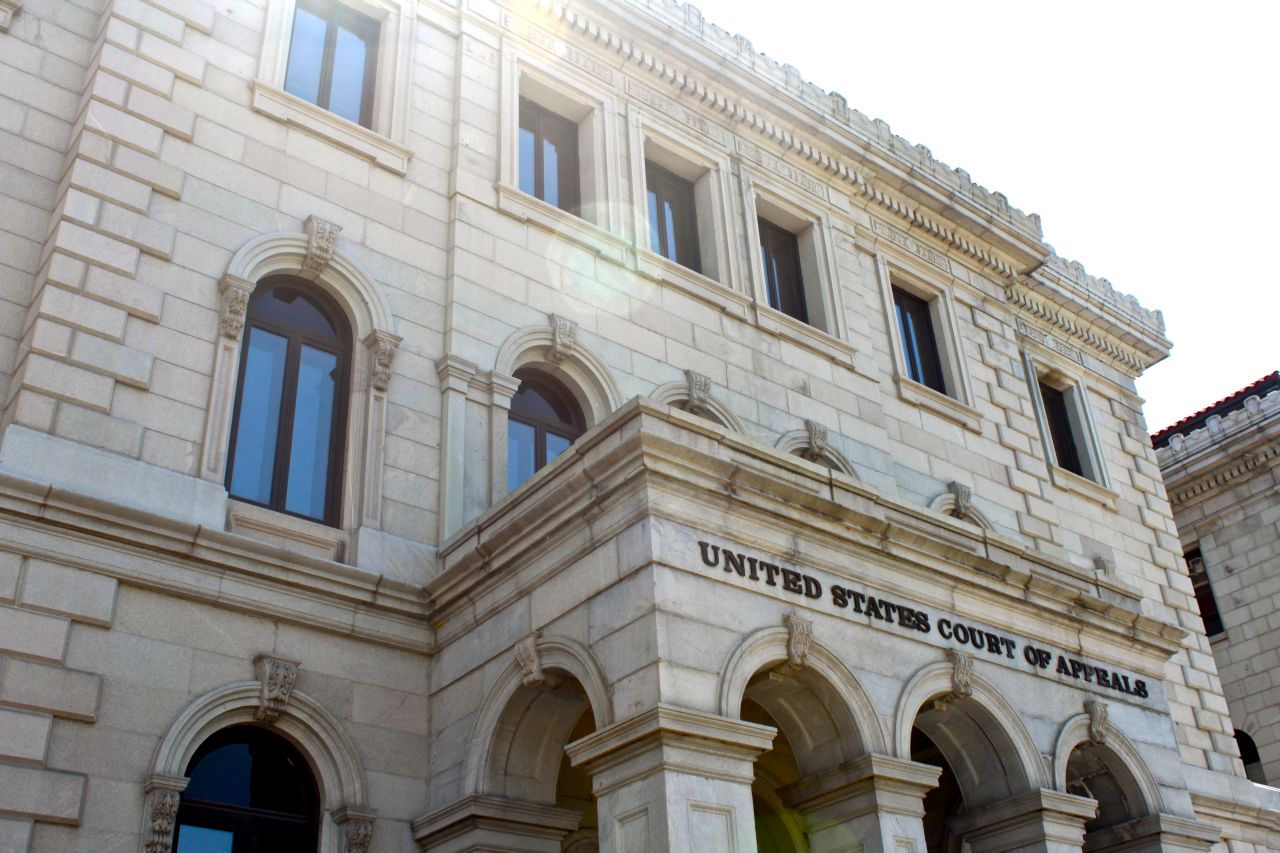
BY ERIN REED | The 4th U.S. Circuit Court of Appeals ruled Monday that transgender people are a protected class and that Medicaid bans on trans care are unconstitutional.
Furthermore, the court ruled that discriminating based on a diagnosis of gender dysphoria is discrimination based on gender identity and sex. The ruling is in response to lower court challenges against state laws and policies in North Carolina and West Virginia that prevent trans people on state plans or Medicaid from obtaining coverage for gender-affirming care; those lower courts found such exclusions unconstitutional.
In issuing the final ruling, the 4th Circuit declared that trans exclusions were “obviously discriminatory” and were “in violation of the equal protection clause” of the Constitution, upholding lower court rulings that barred the discriminatory exclusions.
The 4th Circuit ruling focused on two cases in states within its jurisdiction: North Carolina and West Virginia. In North Carolina, trans state employees who rely on the State Health Plan were unable to use it to obtain gender-affirming care for gender dysphoria diagnoses.
In West Virginia, a similar exclusion applied to those on the state’s Medicaid plan for surgeries related to a diagnosis of gender dysphoria. Both exclusions were overturned by lower courts, and both states appealed to the 4th Circuit.
Attorneys for the states had argued that the policies were not discriminatory because the exclusions for gender affirming care “apply to everyone, not just transgender people.” The majority of the court, however, struck down such a claim, pointing to several other cases where such arguments break down, such as same-sex marriage bans “applying to straight, gay, lesbian, and bisexual people equally,” even though straight people would be entirely unaffected by such bans.
Other cases cited included literacy tests, a tax on wearing kippot for Jewish people, and interracial marriage in Loving v. Virginia.
See this portion of the court analysis here:
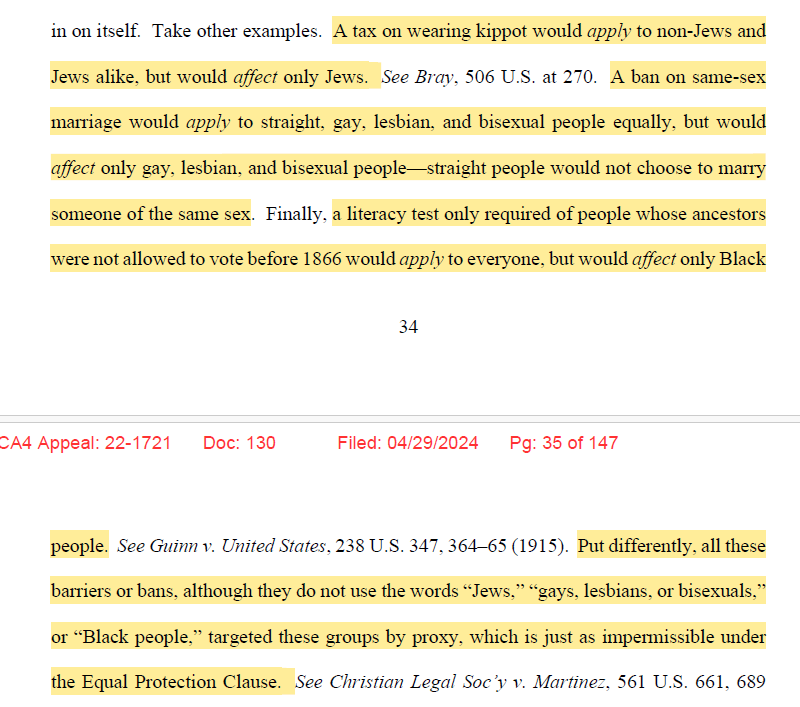
Of particular note in the majority opinion was a section on Geduldig v. Aiello that seemed laser-targeted toward an eventual U.S. Supreme Court decision on discriminatory policies targeting trans people. Geduldig v. Aiello, a 1974 ruling, determined that pregnancy discrimination is not inherently sex discrimination because it does not “classify on sex,” but rather, on pregnancy status.
Using similar arguments, the states claimed that gender affirming care exclusions did not classify or discriminate based on trans status or sex, but rather, on a diagnosis of gender dysphoria and treatments to alleviate that dysphoria.
The majority was unconvinced, ruling, “gender dysphoria is so intimately related to transgender status as to be virtually indistinguishable from it. The excluded treatments aim at addressing incongruity between sex assigned at birth and gender identity, the very heart of transgender status.” In doing so, the majority cited several cases, many from after Geduldig was decided.
Notably, Geduldig was cited in both the 6th and 11th Circuit decisions upholding gender affirming care bans in a handful of states.
The court also pointed to the potentially ridiculous conclusions that strict readings of what counts as proxy discrimination could lead to, such as if legislators attempted to use “XX chromosomes” and “XY chromosomes” to get around sex discrimination policies:
Importantly, the court also rebutted recent arguments that Bostock applies only to “limited Title VII claims involving employers who fired” LGBTQ employees, and not to Title IX, which the Affordable Care Act’s anti-discrimination mandate references. The majority stated that this is not the case, and that there is “nothing in Bostock to suggest the holding was that narrow.”
Ultimately, the court ruled that the exclusions on trans care violate the Equal Protection Clause of the Constitution. The court also ruled that the West Virginia Medicaid Program violates the Medicaid Act and the anti-discrimination provisions of the Affordable Care Act.
Additionally, the court upheld the dismissal of anti-trans expert testimony for lacking relevant expertise. West Virginia and North Carolina must end trans care exclusions in line with earlier district court decisions.
The decision will likely have nationwide impacts on court cases in other districts. The case had become a major battleground for trans rights, with dozens of states filing amicus briefs in favor or against the protection of the equal process rights of trans people. Twenty-one Republican states filed an amicus brief in favor of denying trans people anti-discrimination protections in healthcare, and 17 Democratic states joined an amicus brief in support of the healthcare rights of trans individuals.
Many Republican states are defending anti-trans laws that discriminate against trans people by banning or limiting gender-affirming care. These laws could come under threat if the legal rationale used in this decision is adopted by other circuits. In the 4th Circuit’s jurisdiction, West Virginia and North Carolina already have gender-affirming care bans for trans youth in place, and South Carolina may consider a similar bill this week.
The decision could potentially be used as precedent to challenge all of those laws in the near future and to deter South Carolina’s bill from passing into law.
The decision is the latest in a web of legal battles concerning trans people. Earlier this month, the 4th Circuit also reversed a sports ban in West Virginia, ruling that Title IX protects trans student athletes. However, the Supreme Court recently narrowed a victory for trans healthcare from the 9th U.S. Circuit Court of Appeals and allowed Idaho to continue enforcing its ban on gender-affirming care for everyone except the two plaintiffs in the case.
Importantly, that decision was not about the constitutionality of gender-affirming care, but the limits of temporary injunctions in the early stages of a constitutional challenge to discriminatory state laws. It is likely that the Supreme Court will ultimately hear cases on this topic in the near future.
Celebrating the victory, Lambda Legal Counsel and Health Care Strategist Omar Gonzalez-Pagan said in a posted statement, “The court’s decision sends a clear message that gender-affirming care is critical medical care for transgender people and that denying it is harmful and unlawful … We hope this decision makes it clear to policy makers across the country that health care decisions belong to patients, their families, and their doctors, not to politicians.”
****************************************************************************

Erin Reed is a transgender woman (she/her pronouns) and researcher who tracks anti-LGBTQ+ legislation around the world and helps people become better advocates for their queer family, friends, colleagues, and community. Reed also is a social media consultant and public speaker.
******************************************************************************************
The preceding article was first published at Erin In The Morning and is republished with permission.







